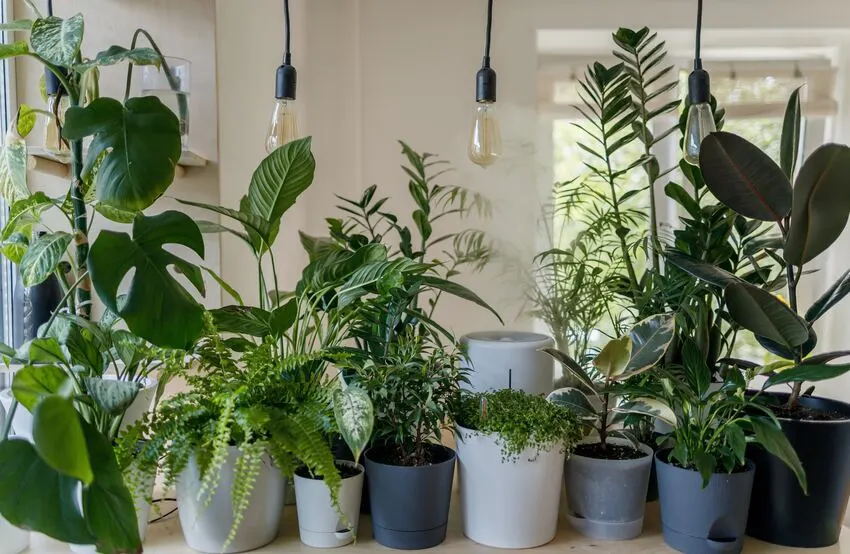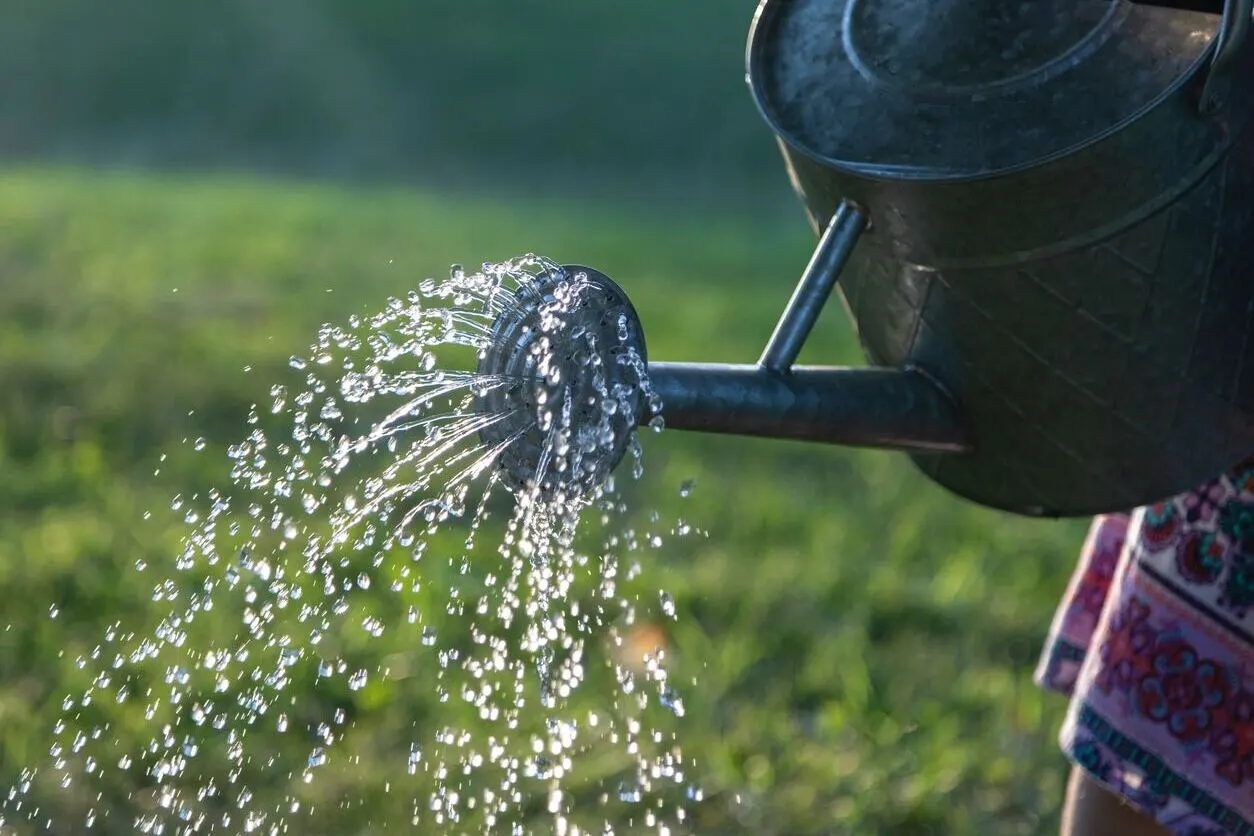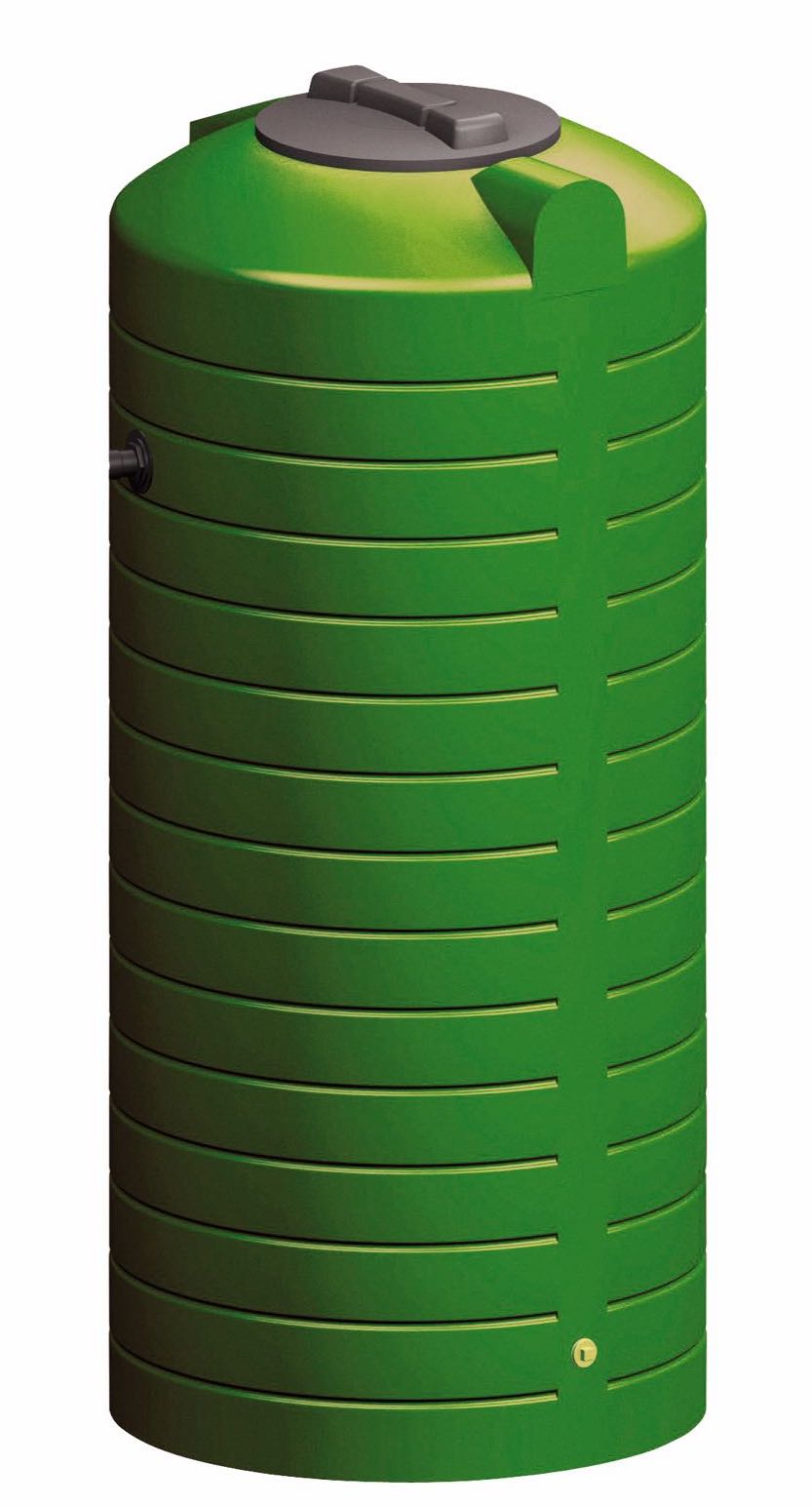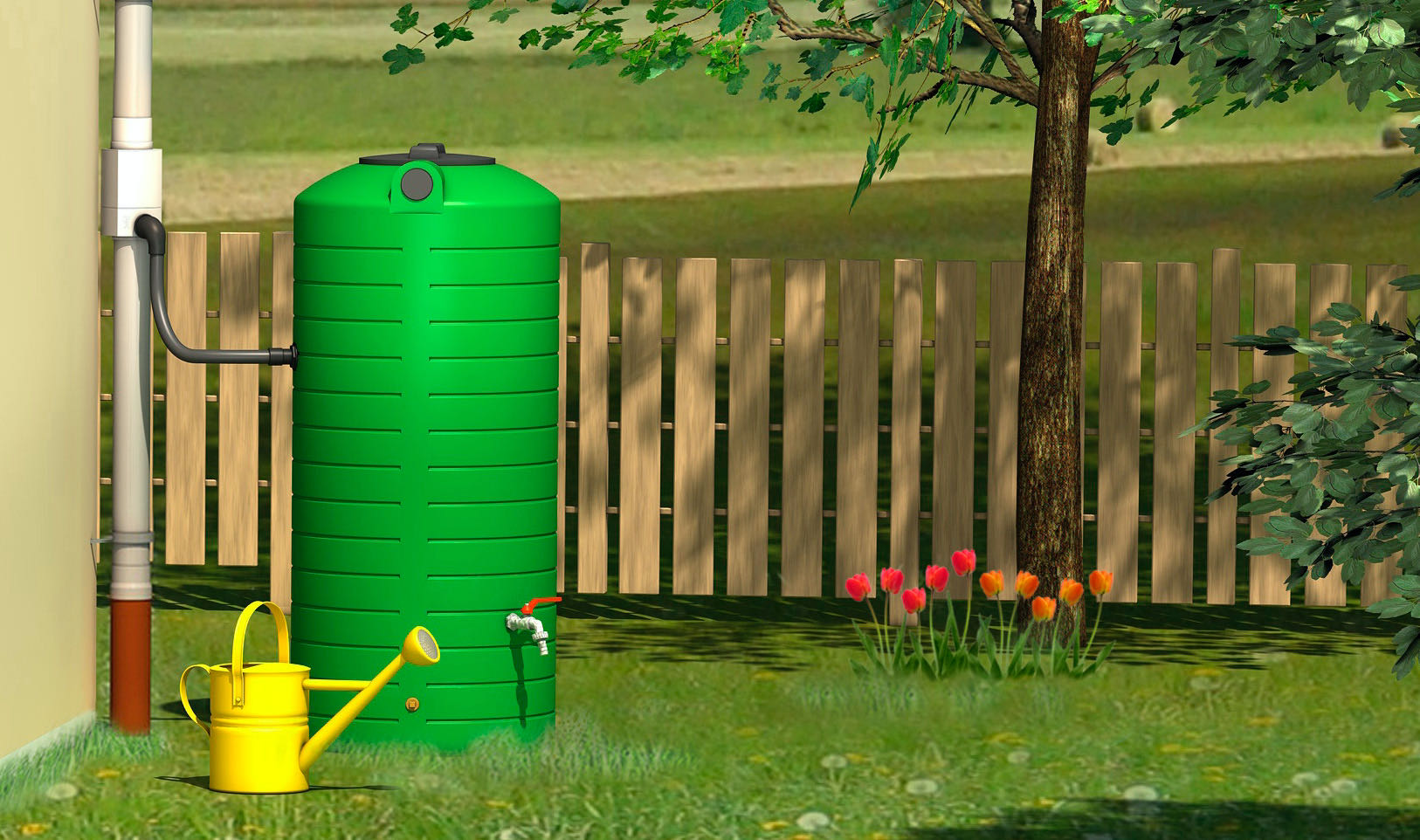Which water is best for plants and the garden?
Plants need water to grow and stay healthy. But not all water is equally suitable for watering plants and gardens.
Why water is so important for plants
Water is an essential element for plants, which they need to grow and thrive. Without water, plants cannot survive. Water not only serves as a means of transport for nutrients and minerals, but also as a building block for plant cells.
Plants absorb water through their roots. A lack of water can cause plants to dry out and die.
It is therefore particularly important that plants are regularly supplied with sufficient water, especially in dry and hot seasons. For the garden, it is therefore particularly advisable to ensure that plants have a sufficient water supply to promote their growth and health. However, it should also be remembered that water is a precious commodity and should be used wisely.
Rainwater for the watering of plants
Rainwater is an excellent choice for watering plants in the garden as well as potplants because it is lime-free. The simplest way to collect Rainwater is a rain barrel.
A great advantage of rainwater is that it is free of charge, so you don't have to pay for watering your plants. It is also environmentally friendly, as the precious mains water is saved. If you have a sufficiently large rain barrel or much better an underground cistern , you can also use Rainwater to cover longer dry periods.
However, it is important to note that rainwater should be filtered before it is used for potplants or the garden in order to keep it fresh during the storage time
Overall, rainwater is the best choice for watering plants.
Rainwater properties
Rainwater is an excellent choice for watering plants in the garden as well as indoor plants. Here are some of the most important properties of rainwater:
- Lime-free: rainwater contains no lime, which is especially important for plants that are sensitive to lime. Lime can accumulate in the soil and affect the growth of plants. By using rainwater, you can avoid this problem.
- Natural water: Rainwater is a natural water and contains no chemicals or additives. It is therefore environmentally friendly and not harmful to plants or the soil.
- No minerals: Unlike well water, rainwater does not contain any minerals. Using well water to irrigate plants can cause minerals to accumulate in the soil and affect plant growth.
- No cost: Rainwater is free and can be easily collected. You don't have to spend money on buying water and can therefore save money.
Tap water for plants
Tap water is another option for watering plants in the garden or in the home. Here are some advantages and disadvantages of tap water:
Advantages:
- Availability: Tap water is usually available at any time and does not have to be collected or captured first.
- Ease of use: It is easy to use tap water for watering plants as you can just draw it from the tap.
- Tested water quality: In most countries, tap water is tested and treated for drinking water quality to ensure that it does not contain harmful contaminants.
Disadvantages:
- Lime content: Tap water often contains lime and other minerals that can accumulate in the soil. This can affect plant growth and should be taken into account when watering plants.
- Chlorine: In some countries, tap water is treated with chlorine to kill bacteria and other contaminants. However, this chlorine will also kill the essential Microorganism in the soil. It can be harmful and should therefore be avoided.

Watering plants
When it comes to keeping plants healthy and prosperous, an adequate supply of water is essential. However, not every plant needs the same amount of water. The correct water supply can make the difference between a magnificent plant and a sick one.
1. the right temperature when watering plants
The temperature of the watering water is an important factor when watering houseplants. It is best to water houseplants with water that is at room temperature. Water that is too cold or too hot can damage the roots and leaves of houseplants. In addition, you should make sure that the water is of good quality and does not contain too much iron, as water containing iron can be harmful to some houseplants.
Never water plants with polluted water.
Never water plants with polluted water. Pollutants in the water can be absorbed by the plants and accumulate in the fruits or leaves. This can lead to health problems when the plants are later consumed.
3. The right amount of water
Determining the right amount of water for your plants can be a challenge. Too much watering can be just as damaging as too little, as the roots can drown and rot. Some signs that you are giving too much water include droopy leaves or brown leaf tips. It is important to consider the individula needs of your plants. Plants love to be sprayed with water from time to time, instead of watering them directly.







